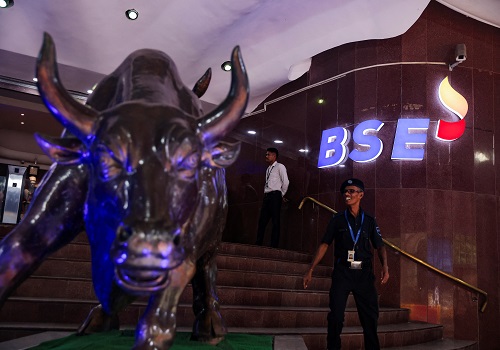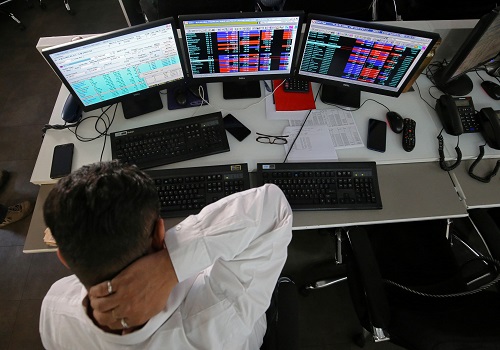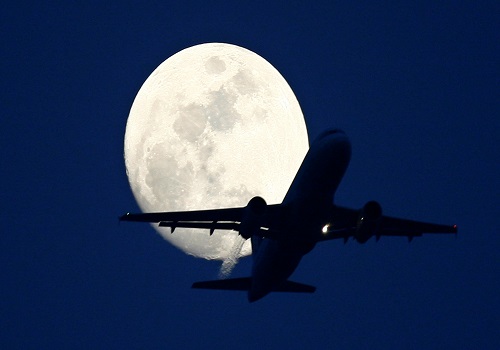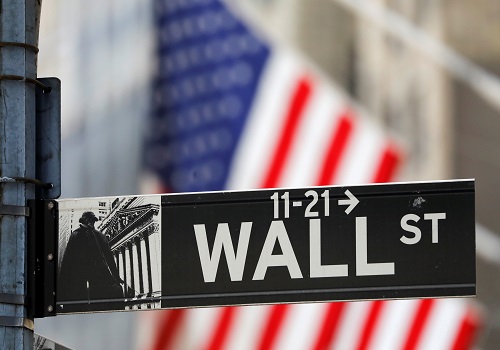Oil climbs $2 on easing Omicron fears and Iran delayC
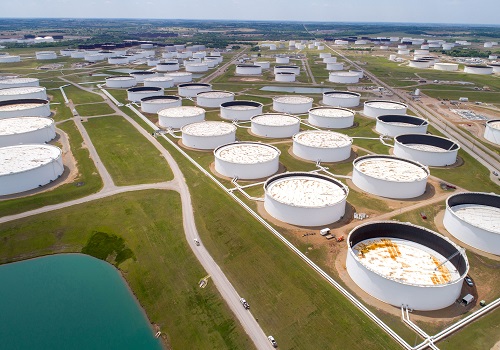
Follow us Now on Telegram ! Get daily 10 - 12 important updates on Business, Finance and Investment. Join our Telegram Channel
LONDON - Oil prices rose $2 on Tuesday, extending the previous day's almost 5% rebound, as concerns over the impact of the Omicron coronavirus variant on global fuel demand eased and Iran nuclear talks stalled, delaying the return of Iranian crude.
Brent crude futures were up $1.97, or 2.7%, at $75.05 a barrel by 1205 GMT, having registered a 4.6% gain on Monday. U.S. West Texas Intermediate crude was up $2.25, or 3.2%, at $71.74, building on a 4.9% gain in the previous session.
Oil prices were pummelled last week by concerns that vaccines might be less effective against the Omicron variant, sparking fears that governments could impose fresh restrictions to curb its spread and hit global growth and oil demand.
However, a South African health official reported over the weekend that Omicron cases there had shown only mild symptoms. Also, the top U.S. infectious disease official, Anthony Fauci, told CNN that "it does not look like there's a great degree of severity" so far.
"The Fauci comments overnight saw more fast money returning to the long oil trade as markets started pricing a resumption of the global recovery and higher oil consumption," said Jeffrey Halley, senior market analyst at OANDA.
In another sign of confidence in oil demand, the world's top exporter, Saudi Arabia, raised monthly crude prices on Sunday.
That came after the Organization of the Petroleum Exporting Countries (OPEC) and its allies, a group known as OPEC+, agreed to continue raising output by 400,000 barrels per day (bpd) in January despite the release of U.S. strategic petroleum reserves.
Crude imports to top importer China also rebounded in November and a Reuters poll showed that U.S. crude inventories are likely to have fallen for a second straight week last week. [EIA/S]
Oil prices were also supported by delays to the return of Iranian oil, with indirect nuclear talks between the United States and Iran having hit stumbling blocks. Germany urged Iran on Monday to present realistic proposals in talks over its nuclear programme.












 320-x-100_uti_gold.jpg" alt="Advertisement">
320-x-100_uti_gold.jpg" alt="Advertisement">

